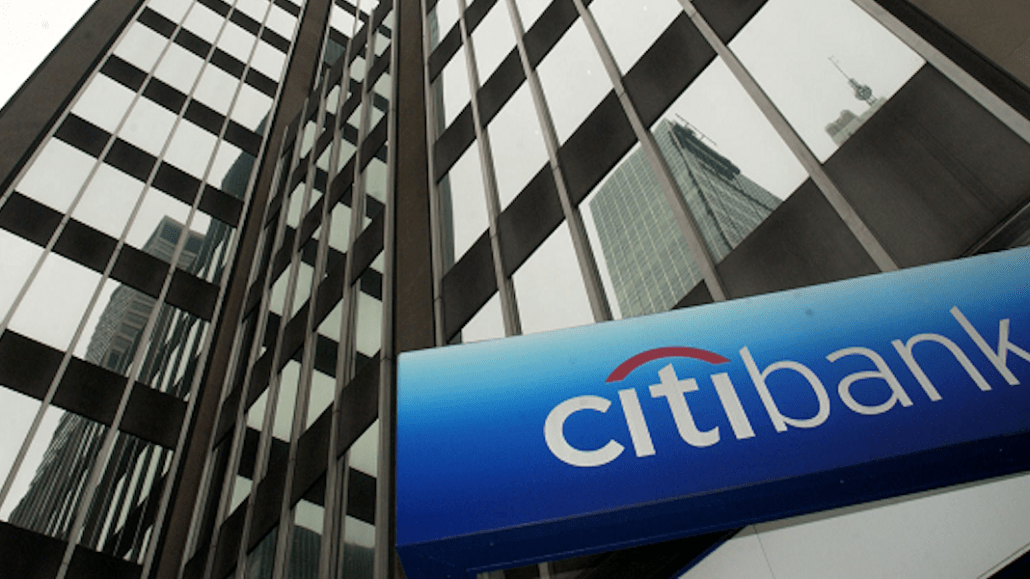Secure your place at the Digiday Media Buying Summit in Nashville, March 2-4

When Citi recruiters are out on college campuses across the country, along with talking about the bank’s competitive pay, career opportunities and global footprint, they’re often mentioning one more thing: If you come work for us, you can have the opportunity to give back to the community — and maybe even get on a board or two.
Banks have offered their employees community service opportunities for decades, but in the last few years banks like Citi have been taking a closer look at how they can help attract and retain talent — particularly among a generation of young people who care about social impact and are often generalized as job hoppers. Citi’s most recent initiative is a pilot investment in Cari Club, a platform that connects young corporate talent with non-profit organizations seeking junior or associate board members.
“We love the ability to go out on campuses and say, ‘One of the things as you consider Citi and we consider you… [is] opportunities around ‘experiential volunteering.’ Whether before or after you’re hired or five years in, we have multiple opportunities for you to give back,” said Bill Fisse, who heads Citi’s global campus recruiting and program management strategy department. “It’s a brand enhancer for us, but we’re sincerely committed because it really goes to taking on our corporate vision of enabling growth and progress in the world.”
As part of Citi’s “experiential volunteering” opportunities, high-performing employees can opt to spend a gap year with a non-profit organization, take a four- or five-week sabbatical to do microfinance work in Africa through its Volunteer Africa program; mentor underprivileged youth as they apply to colleges; do a stock trading game and give back to a charity of the employee’s choice if he or she wins.
The message Citi wants to send is: If you stick with the firm for two or three years and distinguish yourself in some way in that time, it’ll supporting the idea that its employees want to give back or pursue board service, Fisse said.
More in Marketing

Thrive Market’s Amina Pasha believes brands that focus on trust will win in an AI-first world
Amina Pasha, CMO at Thrive Market, believes building trust can help brands differentiate themselves.

Despite flight to fame, celeb talent isn’t as sure a bet as CMOs think
Brands are leaning more heavily on celebrity talent in advertising. Marketers see guaranteed wins in working with big names, but there are hidden risks.

With AI backlash building, marketers reconsider their approach
With AI hype giving way to skepticism, advertisers are reassessing how the technology fits into their workflows and brand positioning.





